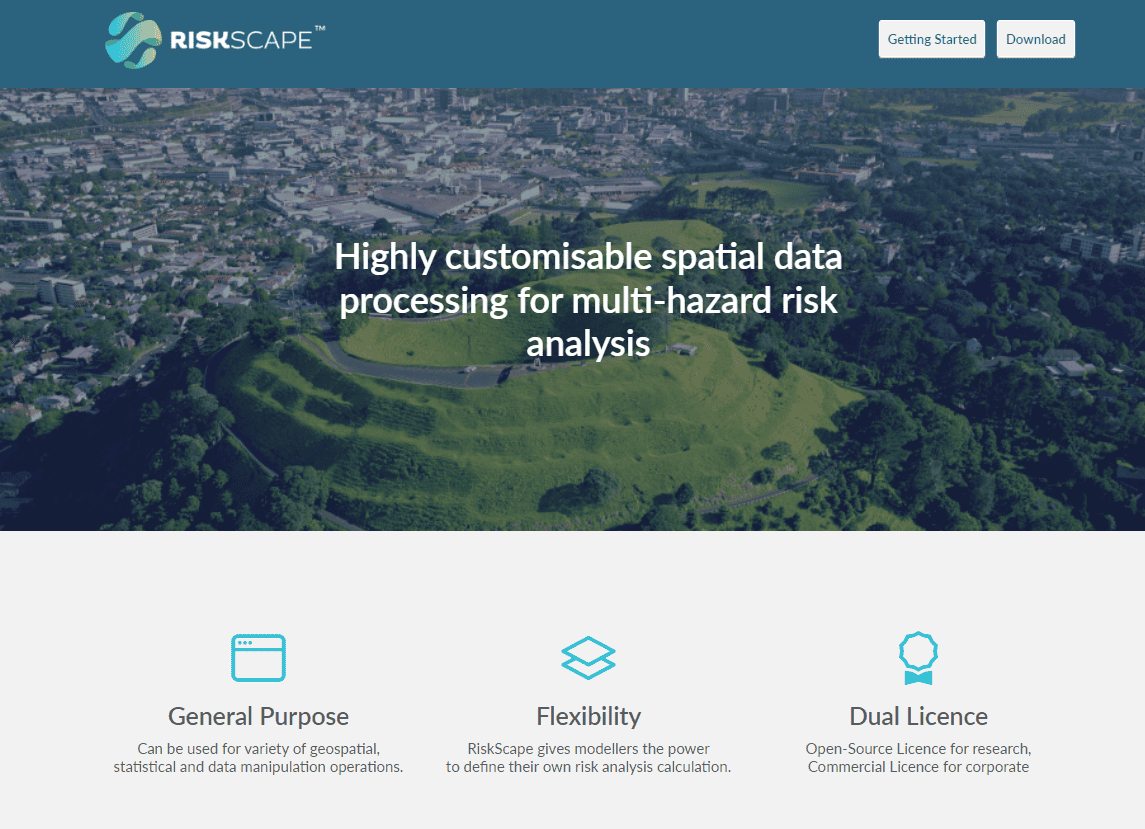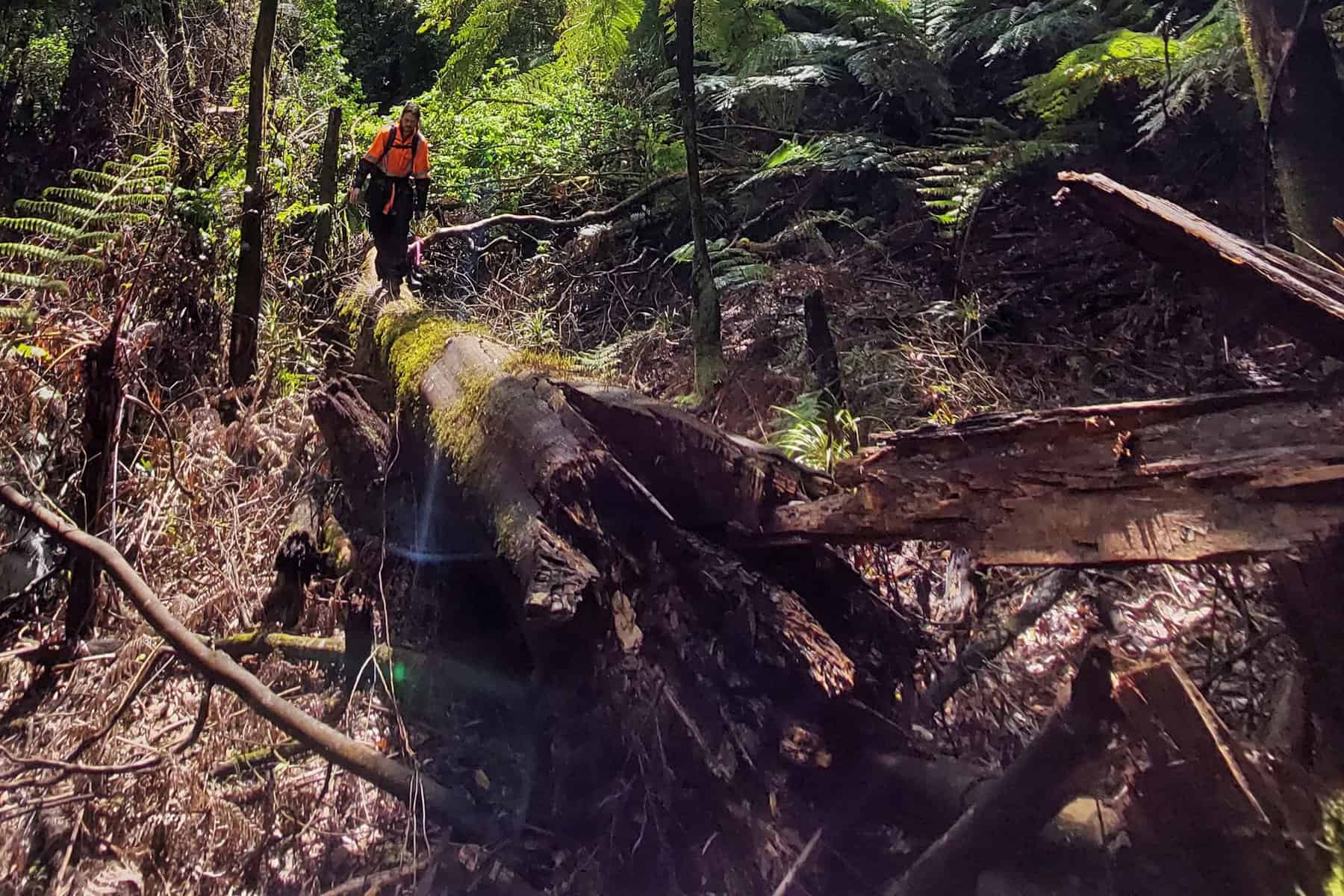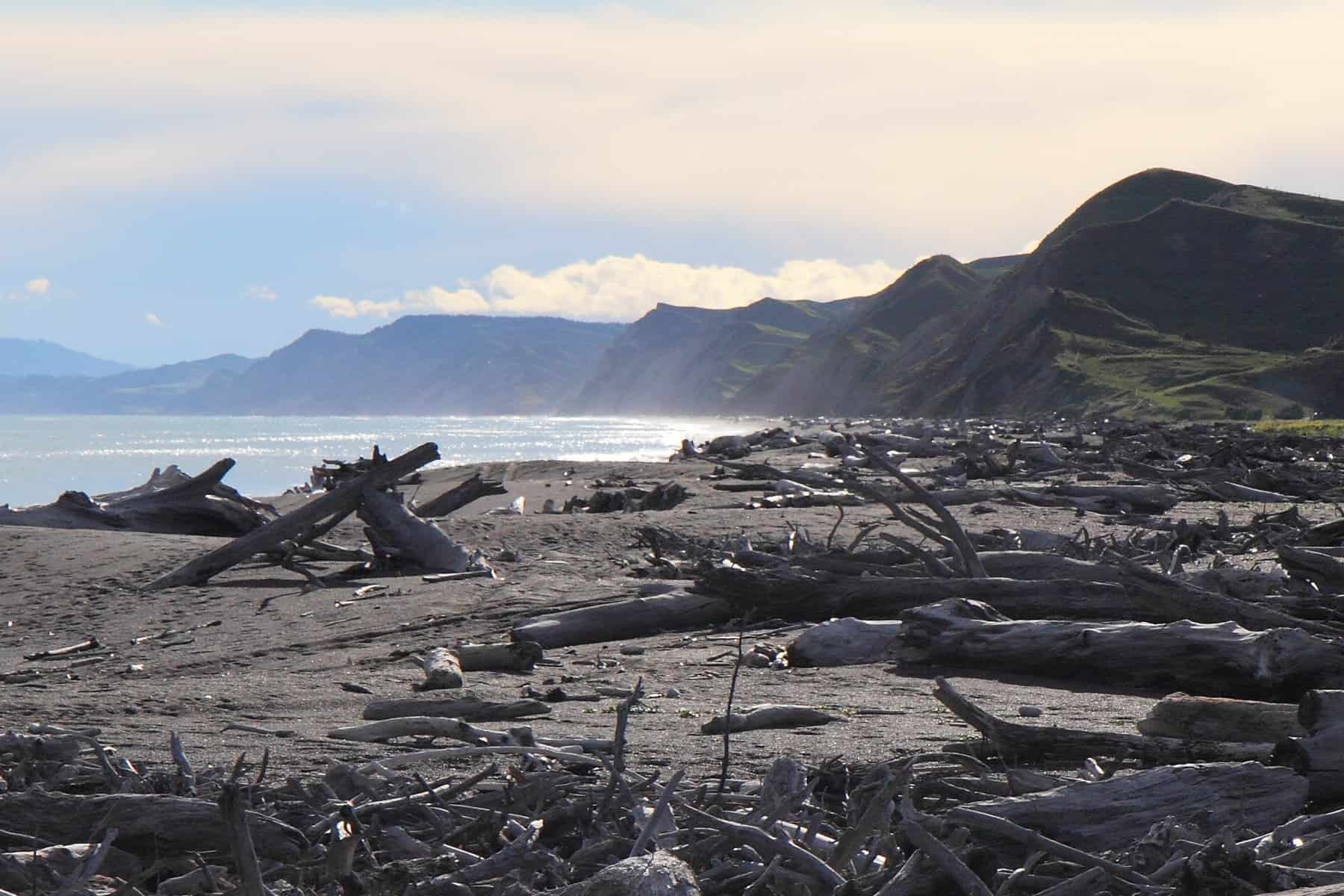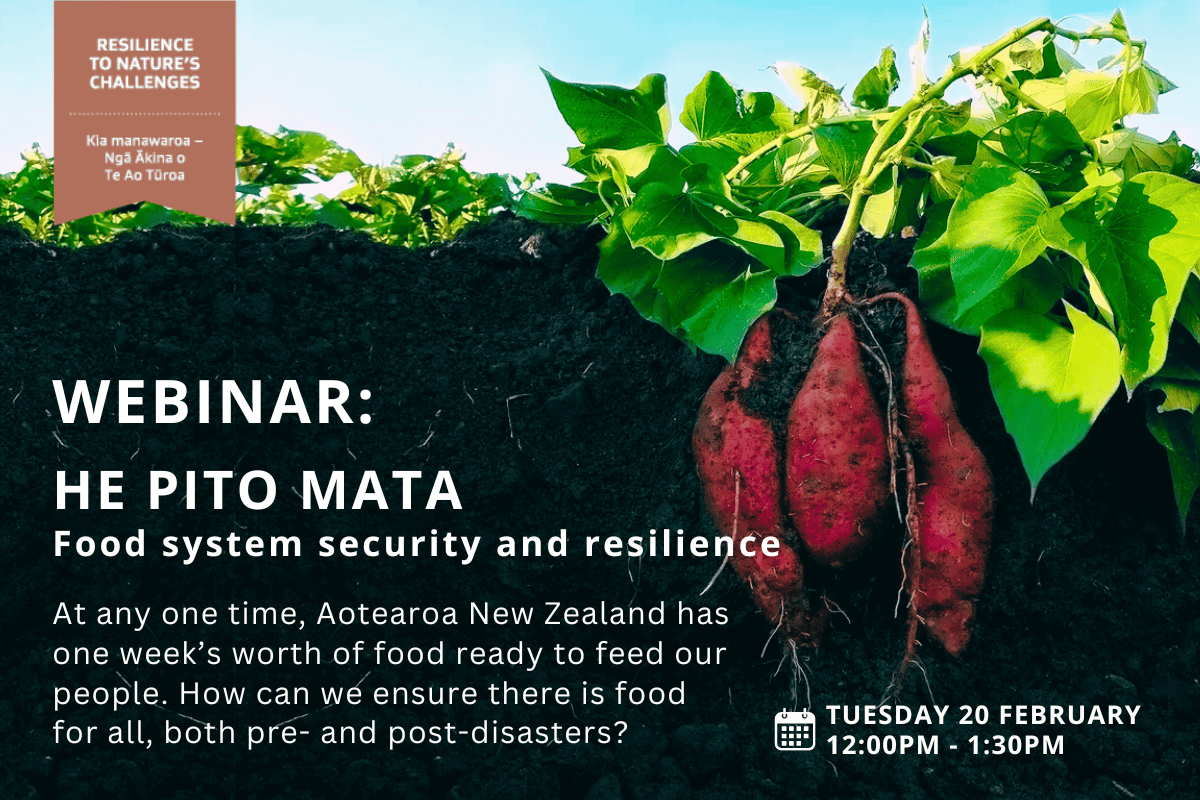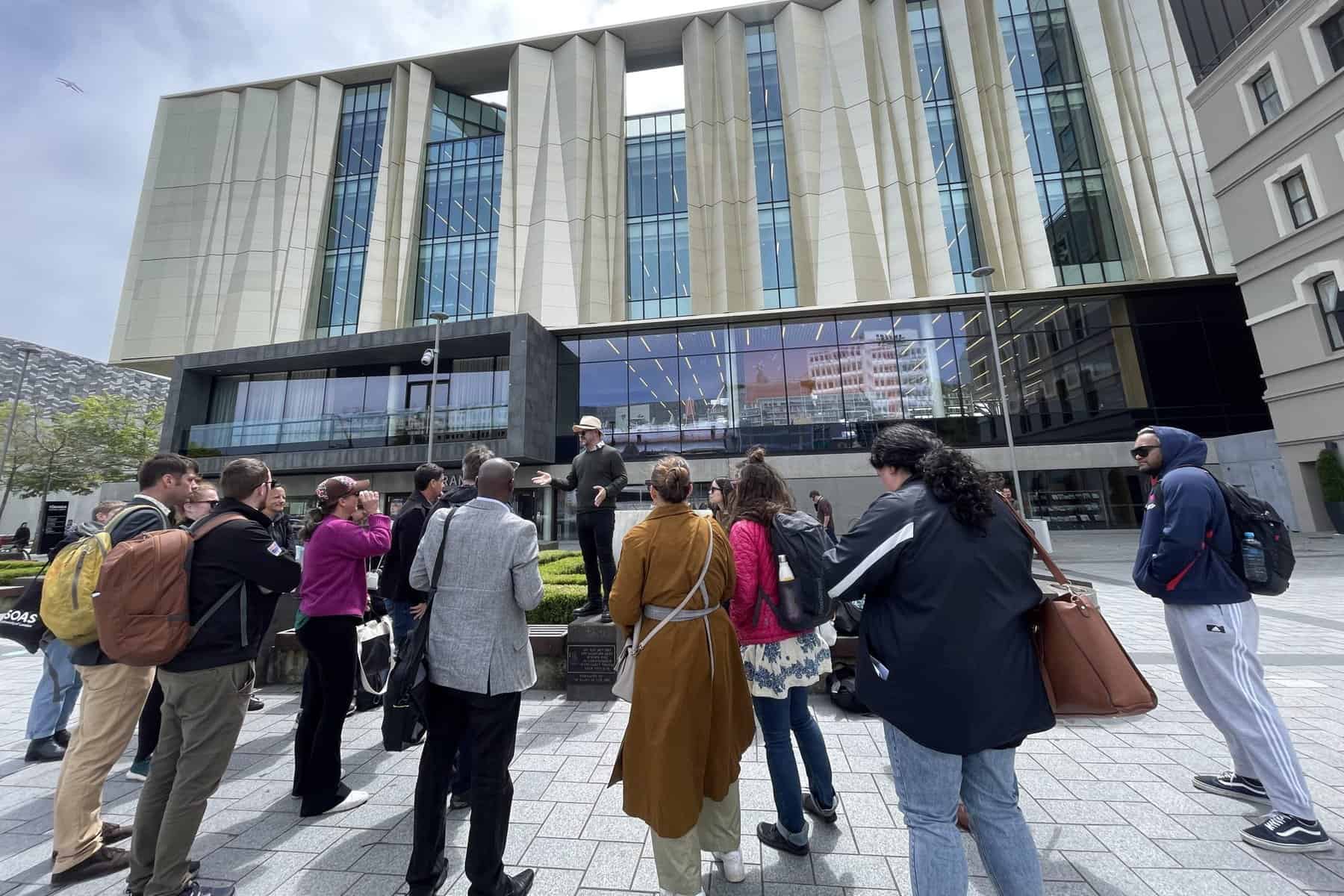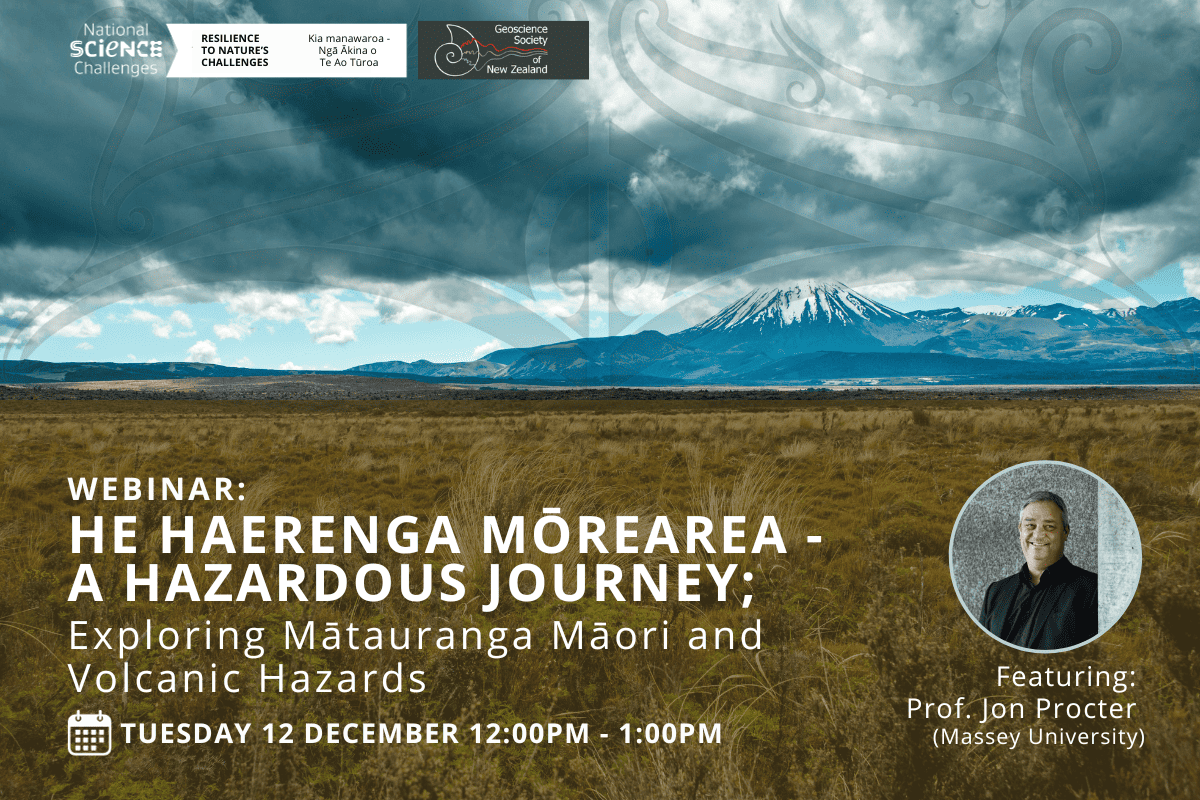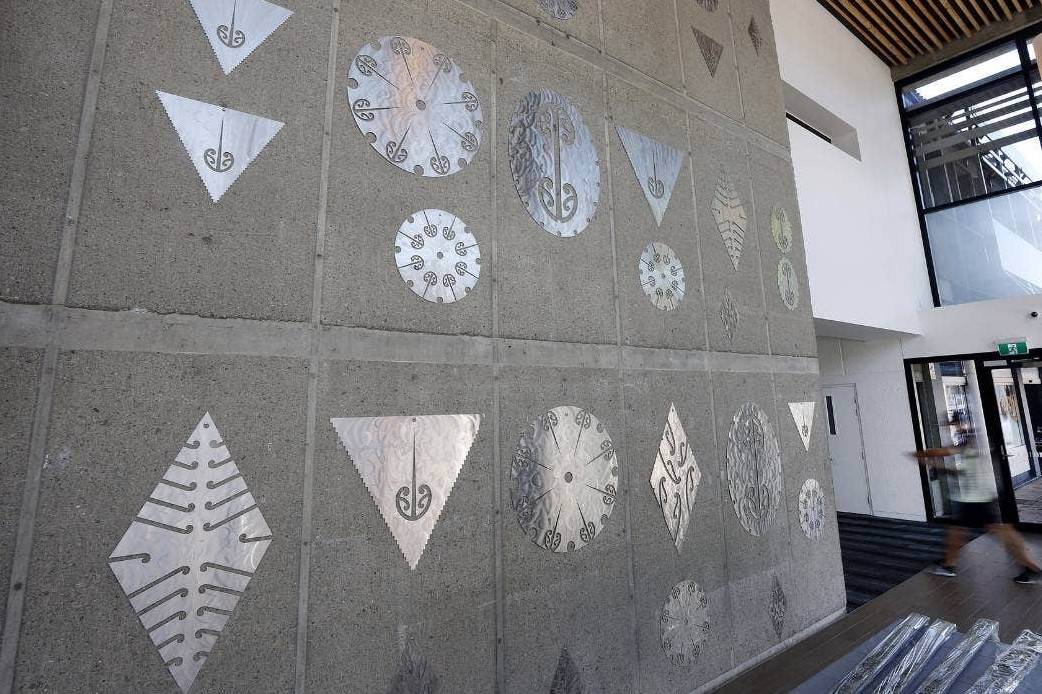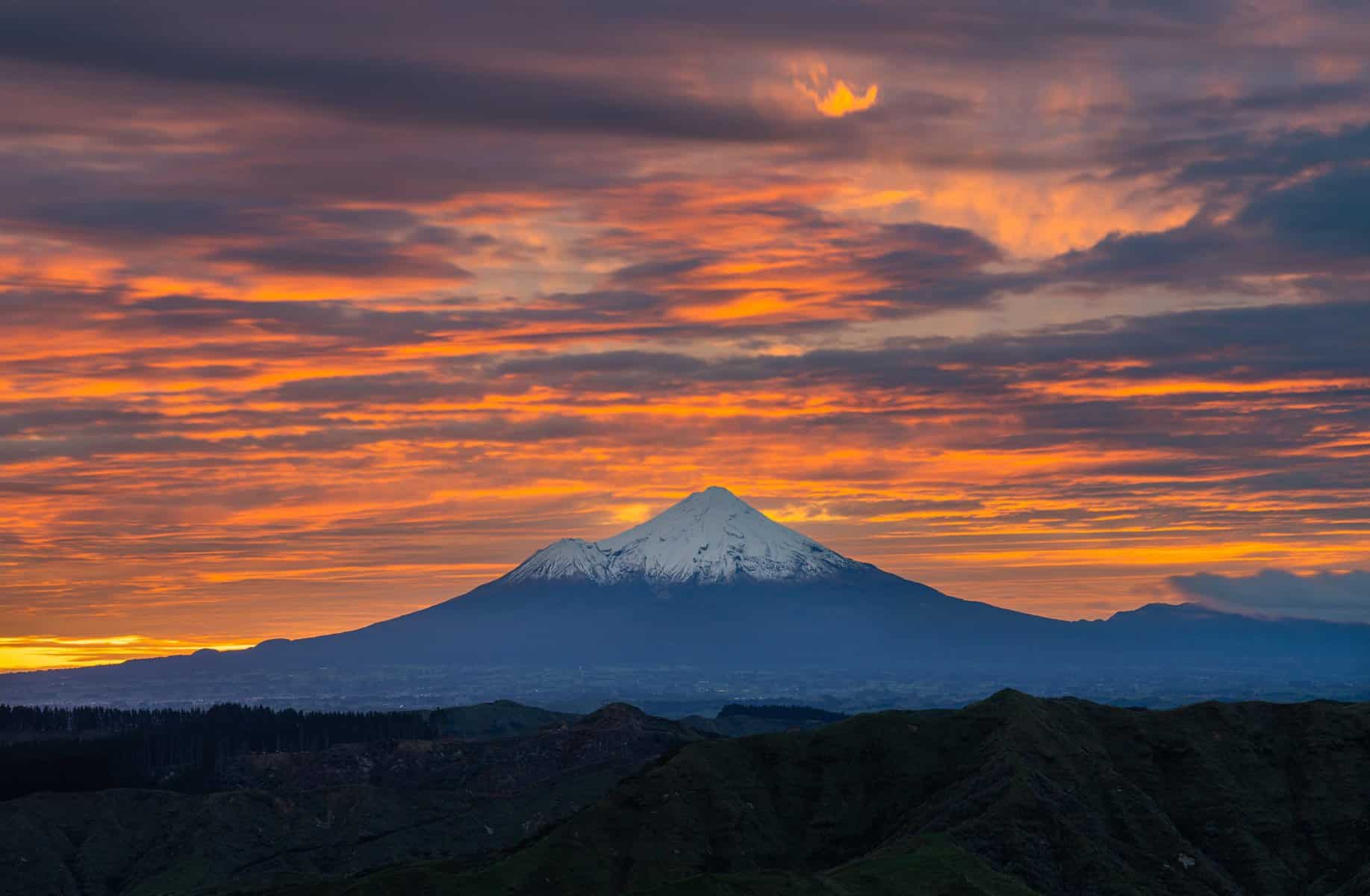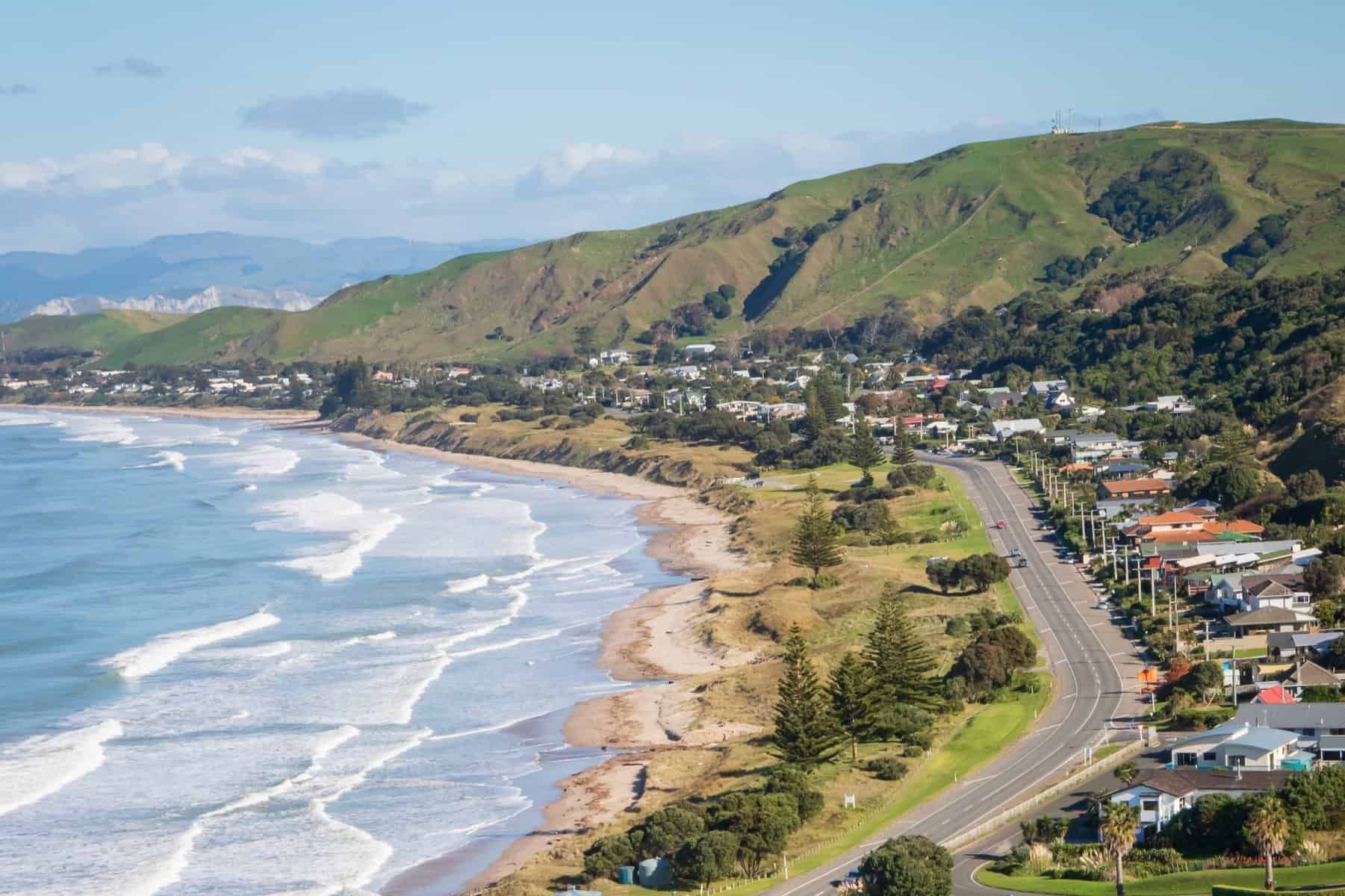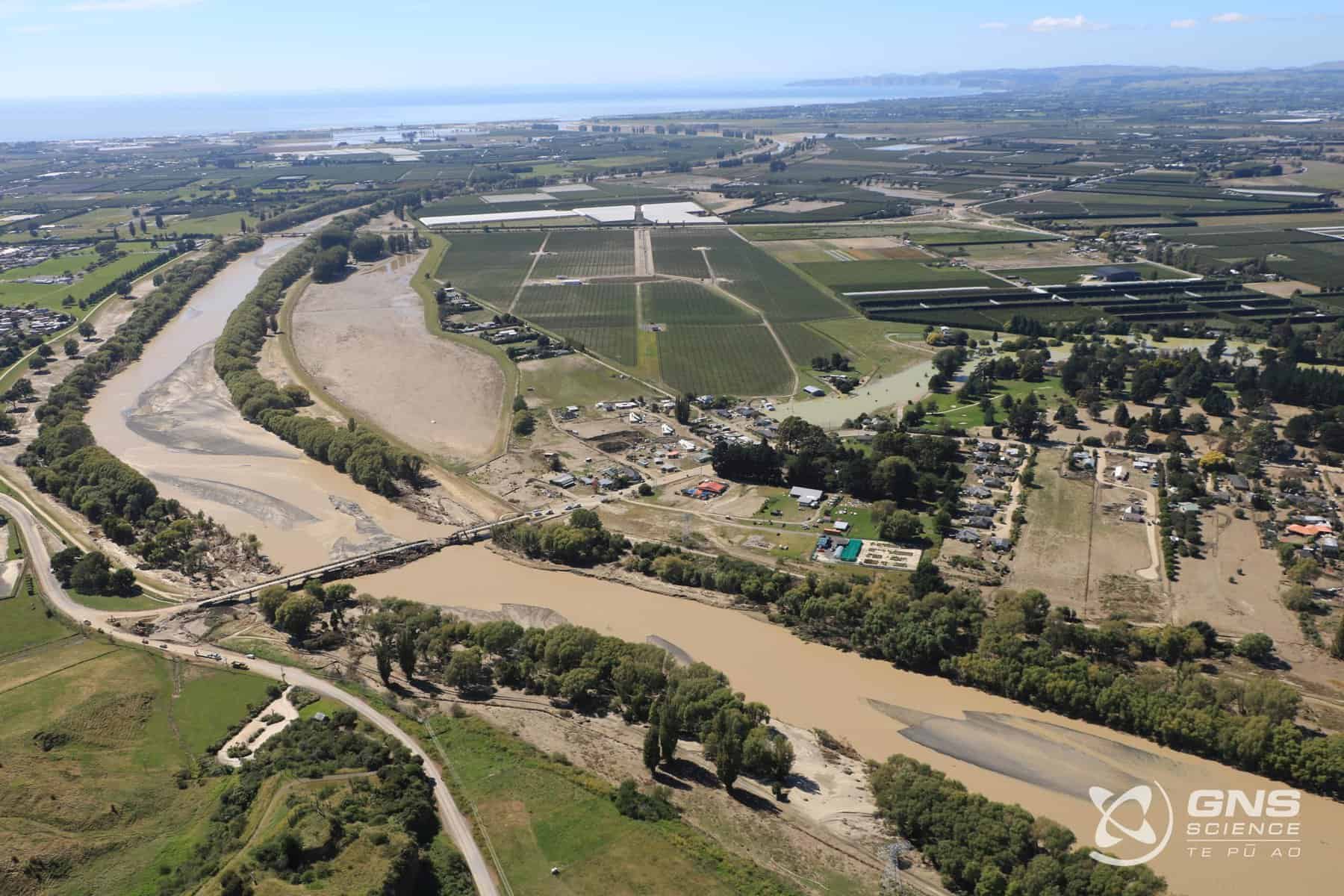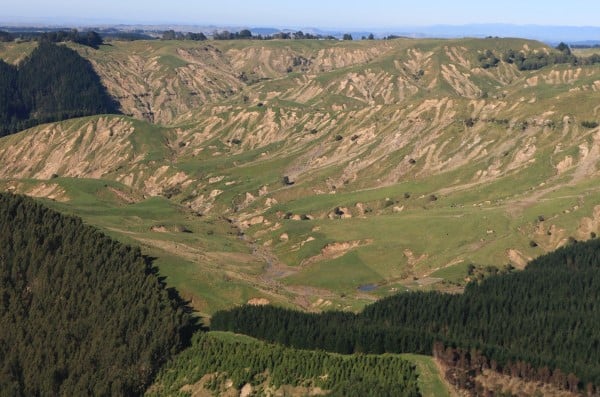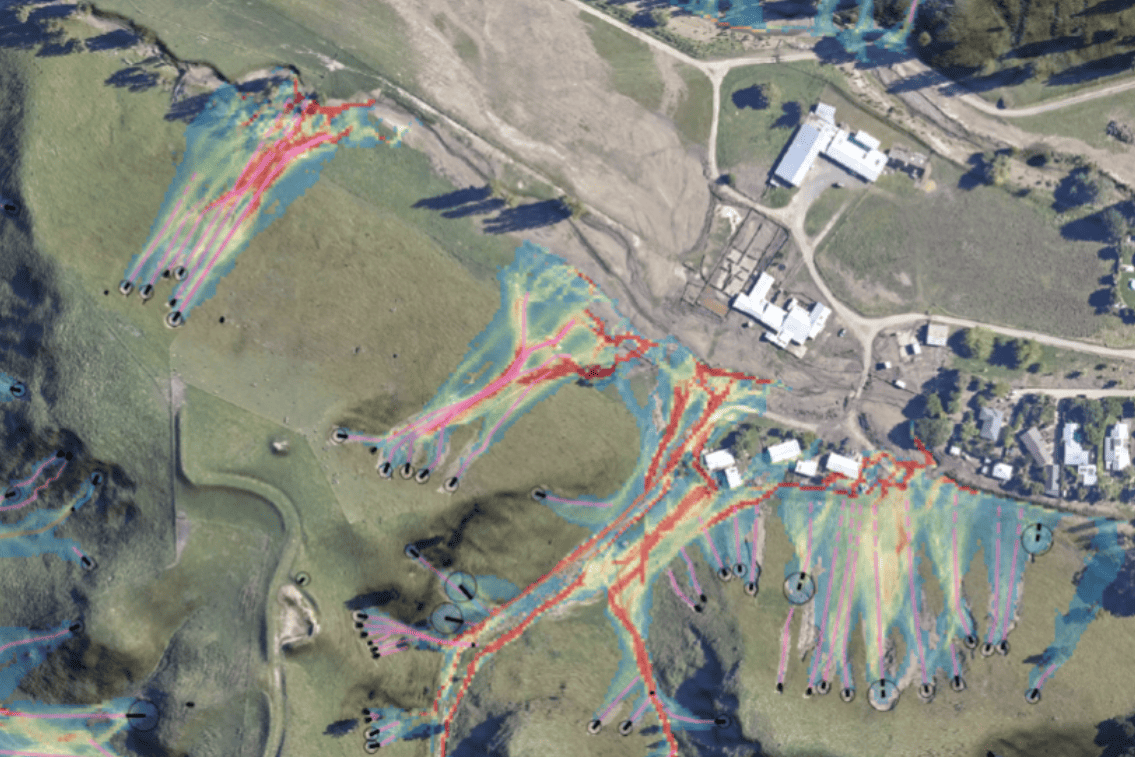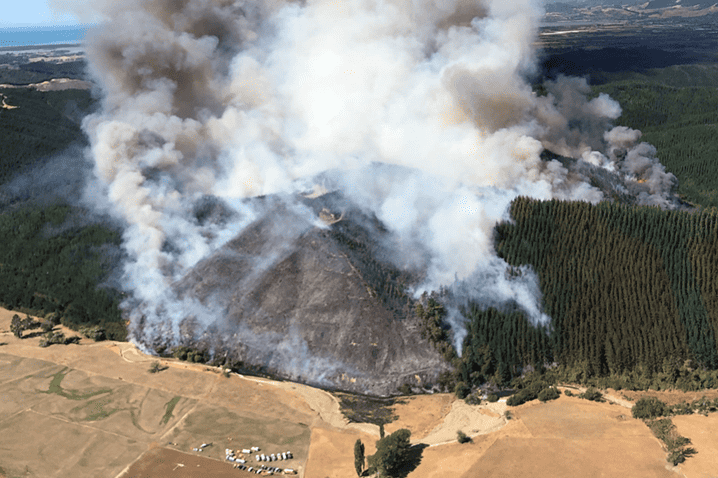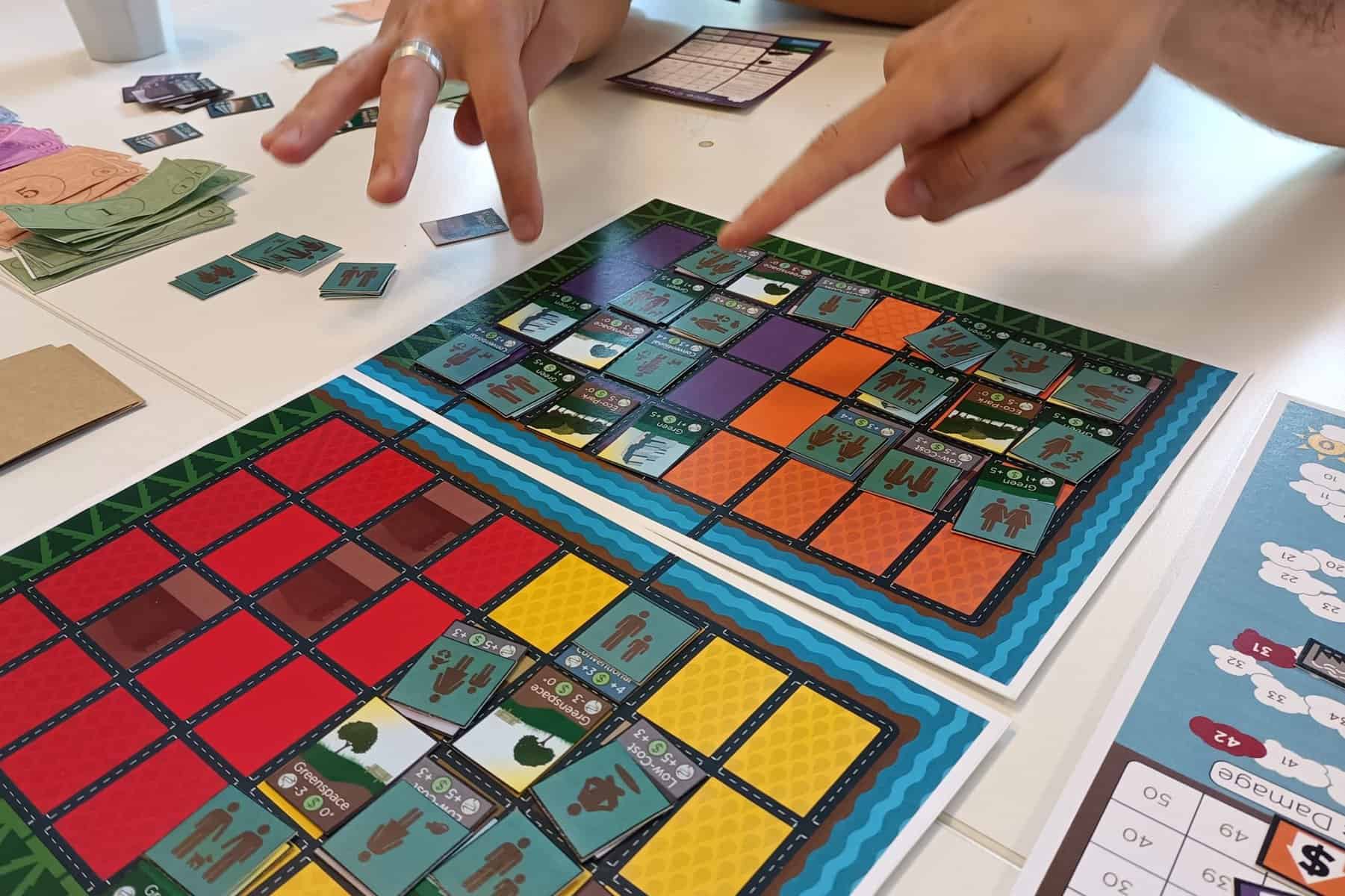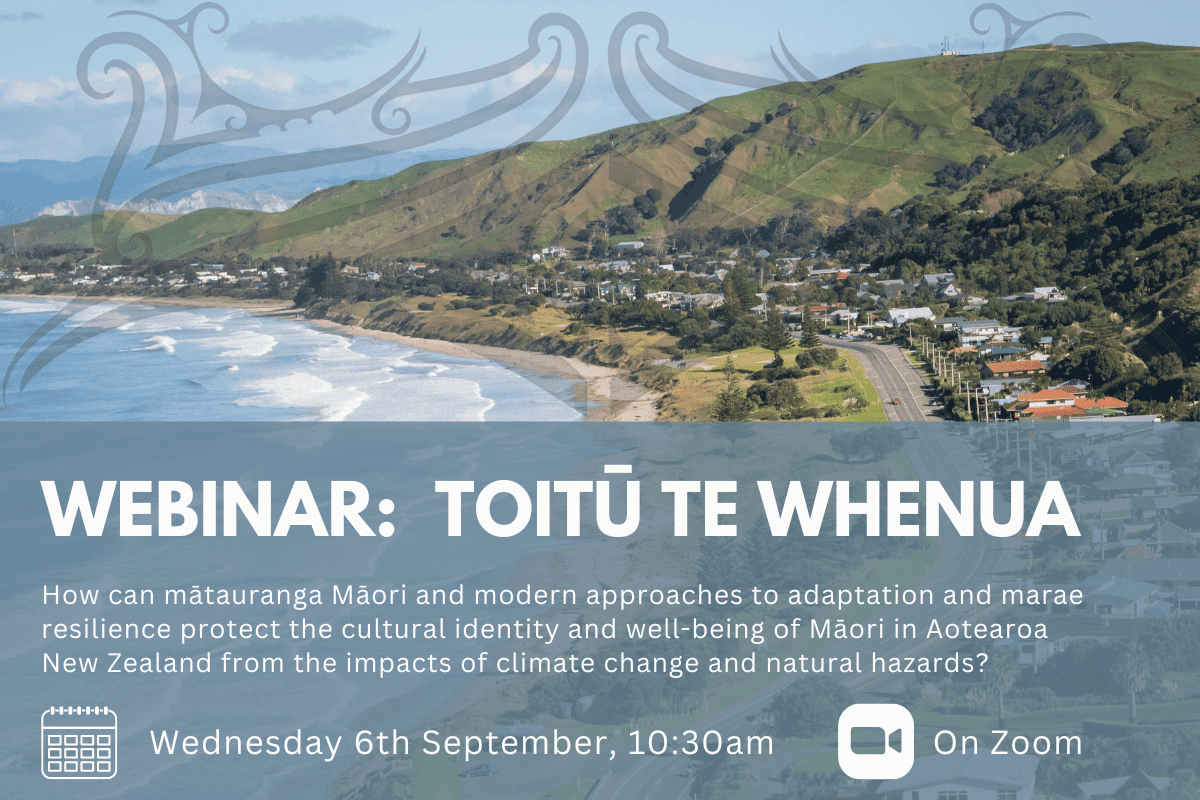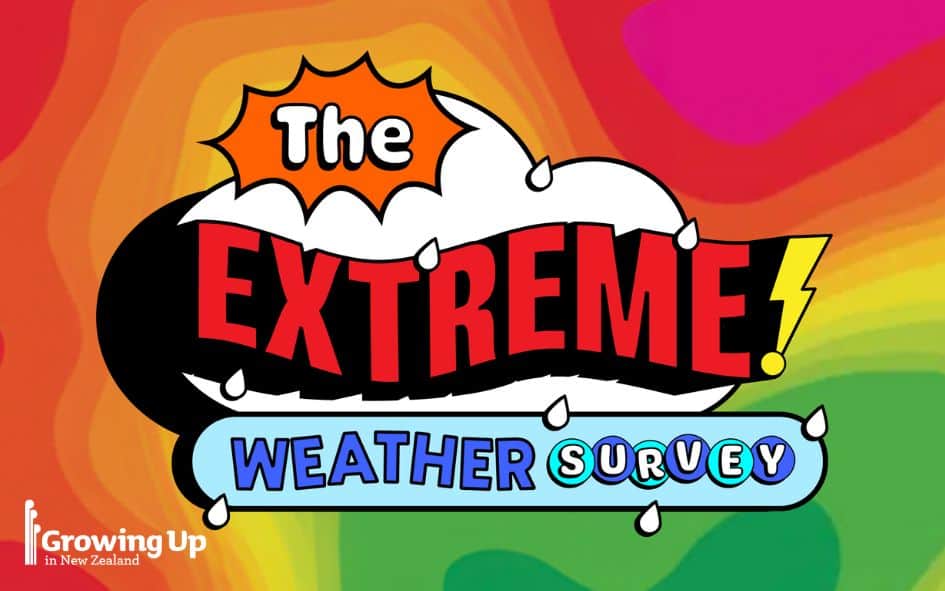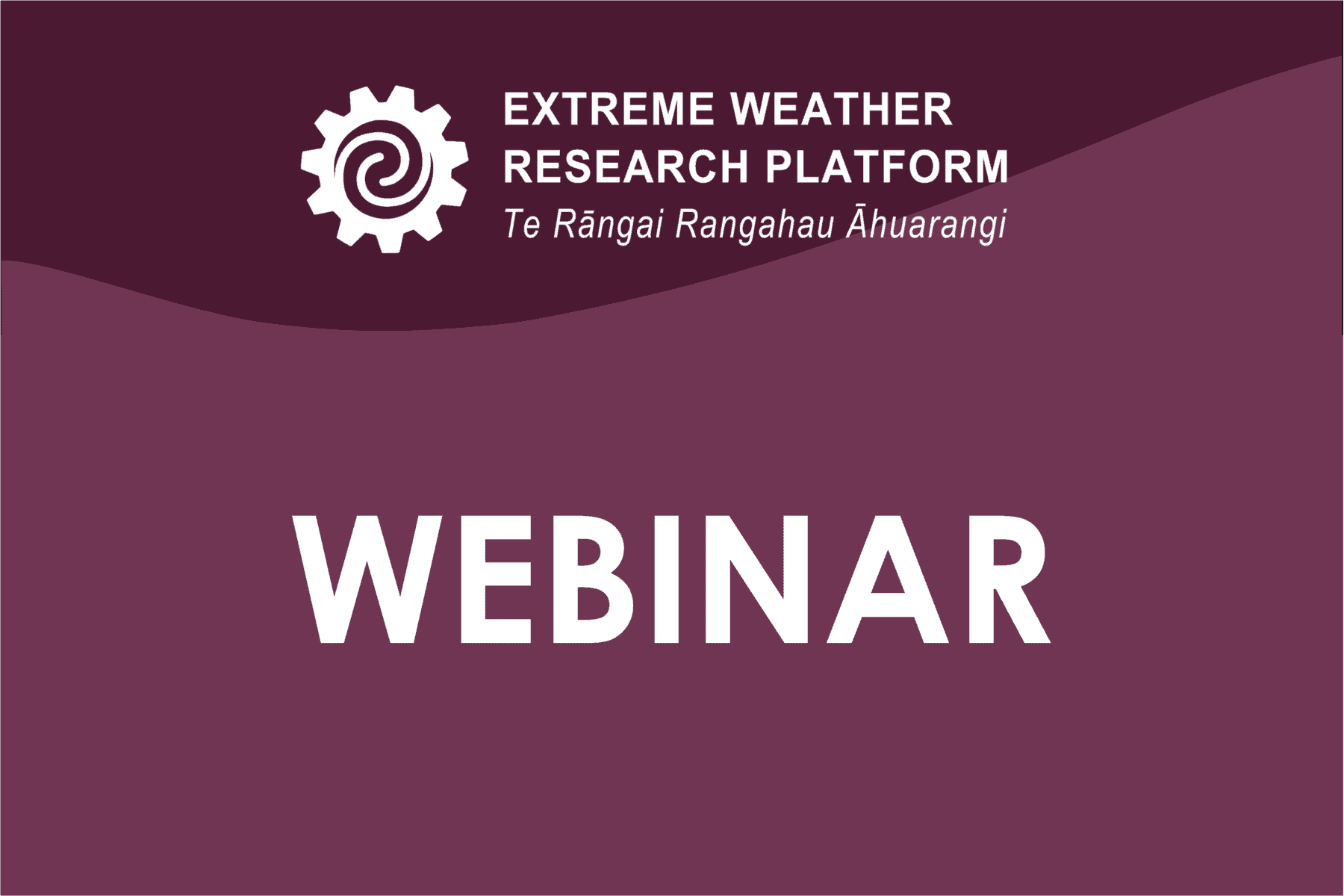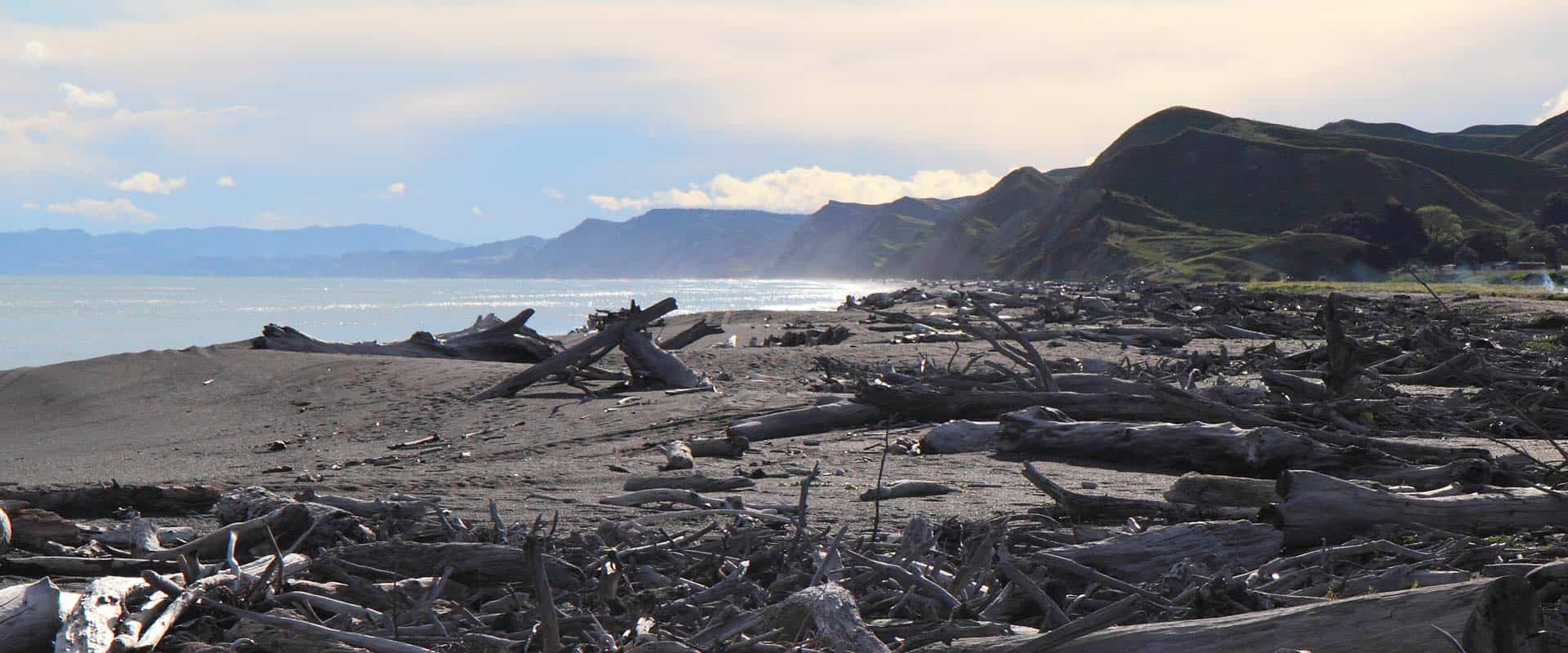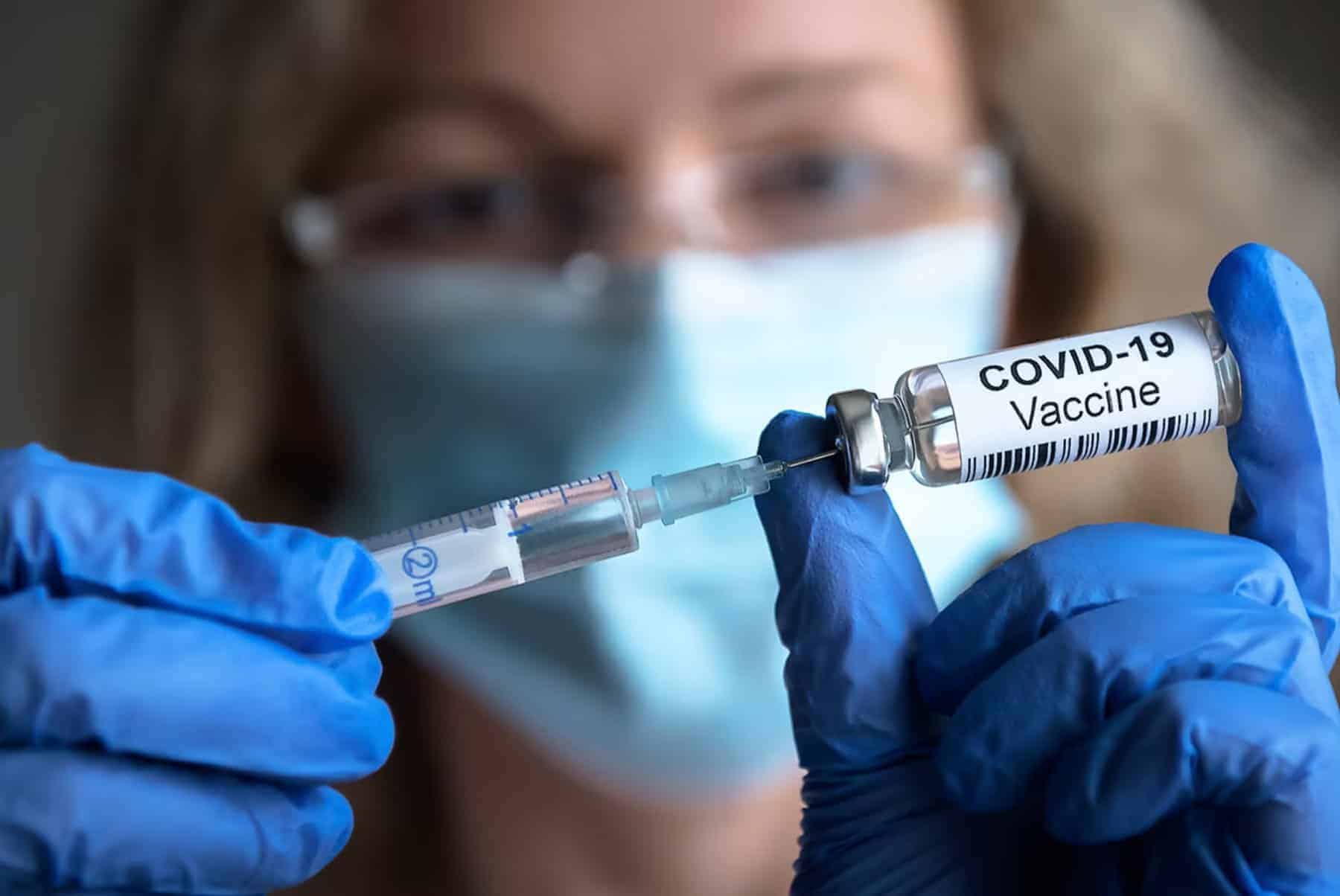By Ryan Paulik, NIWA The Extreme Weather Research Platform project ‘Enhanced natural hazard risk assessment for Cyclone Gabrielle recovery’ accelerated RiskScape software development as a multi-hazard risk modelling and information sharing platform to assist planning activities for Cyclone Gabrielle recovery and future hazard management in the affected regions. In this project, RiskScape was extended to […]
Analysis in progress to understand damage to threatened ecosystems and species
By Rowan Sprague, Manaaki Whenua Landcare Research Project summary In mid-February 2023, Cyclone Gabrielle struck the North Island of Aotearoa-New Zealand, causing widespread devastation. As part of the cyclone response, the Ministry of Business, Innovation and Employment (MBIE) contracted Manaaki Whenua – Landcare Research to deliver a high-level integrated assessment of the immediate impacts of […]
Cyclone caused >10m erosion on some North Island beaches
By Murray Ford Assessing the erosional impacts of Cyclone Gabrielle across a large swathe of the country has been possible using satellite imagery collected by very-high resolution satellites and in places, aerial photographs. We have used imagery collected by operators of commercial satellites, the likes of which you see on Google maps. We also accessed […]
Webinar: He Pito Mata – Food system security and resilience
‘He pito mata’ is derived from the whakatauki ‘iti noa, he pito mata’ (a small seed can sustain many). It refers to a small uncooked portion of kumara replanted to provide many more and speaks to kai production and the interconnected relationship between whenua and people. Events like the Kaikōura earthquake, Covid-19 and Cyclone Gabrielle exposed […]
Joint RNC Urban – QuakeCORE Wānanga
The inaugural joint research wānanga of the Resilience Challenge Urban Programme and QuakeCoRE took place on 15-16 November in Ōtautahi Christchurch, with a theme of ‘long-term recovery’. On day one, more than 20 core researchers joined the humanitarian engineer Matthew Hughes from the University of Canterbury and Joseph Hullen of Ngāi Tahu for a guided […]
WEBINAR: He Haerenga Mōrearea – A Hazardous Journey
Exploring Mātauranga Māori and Volcanic Hazards In a landscape that is constantly changing, mātauranga Māori and mātuaranga-a-iwi have developed, listening to the tohu and environmental changes that have occurred and using these to provide forecasts of potentially destructive volcanic activity. Prof Jon Procter (Muaūpoko, Ngāti Apa, and Ngāi Tahu) of Massey University presents this journey […]
Impact Case Study 2022-23: Partnerships as the pathway to impact
In December 2022, a significant exhibition opened at Rangitāne House in Blenheim, the culmination of a longstanding collaboration with Rangitāne o Wairau that has brought kōrero tuku iho to life through art and science. A pūrākau relating to Te Pokohiwi-o-Kupe (Wairau Bar) led to geological research by Dr Darren Ngaru King (Ngāti Raukawa), formerly of […]
Impact Case Study 2022-23: Models and tools for decision-making
Over the last ten years of RNC funding, researchers from our Volcanoes team have developed strong relationships with iwi partners and other important stakeholders in both Taranaki and the Central Plateau. There are numerous work programmes underway in both regions where our science can feed directly into emergency planning, public education, and other processes. In […]
Impact Case Study 2022-23: Science for resilience policy and practice
Recommendations from the 2021 report Enabling Coastal Adaptation: Using current legislative settings for managing the transition to a dynamic adaptive planning regime in New Zealand were an input in the development of the Ministry for the Environment’s paper Community-led retreat and adaptation funding: Issues and options which is relevant to the drafting of the Climate Adaptation Bill. […]
Impact Case Study 2022-23: Responsive science for national emergencies
Following the Auckland Anniversary Weekend floods, the RNC directorate engaged with our research leaders to identify the response activities they were involved in, and how we could support them. Our Weather & Wildfire co-lead Dr Richard Turner and colleagues at NIWA began analysing how the event differed to previous modelling of a severe storm directly […]
Report provides useful data about East Coast landslides
Project: Satellite imagery assessment of land damage Project Lead: James Shepherd (Manaaki Whenua Landcare Research) An assessment of land affected by Cyclone Gabrielle provides useful data about the extent of landslides in hill country areas of the North Island’s East Coast. The Ministry for the Environment commissioned Manaaki Whenua Landcare Research to undertake a rapid […]
Cyclone Gabrielle landslide response and recovery
Project: Rainfall-induced landslide forecasting, rapid assessment and hindcasting Project Leads: Chris Massey and Kerry Leith (GNS Science) Between 12 and 16 February 2023, Cyclone Gabrielle triggered at least 140,000 landslides across the North Island damaging houses, power lines, bridges, roads and creating dams across channels, and sadly, resulting in the death of five people. This […]
Predictive model comparison on a well-documented wildfire event in New Zealand
Samuel Aguilar-Arguello, Wayne Schou, Ilze Pretorius The ability to predict and prevent wildfires is important in safeguarding lives and property. In New Zealand, fire authorities use many tools to predict fire behaviour, one of these being the fire simulation software Prometheus. It was designed to provide near real-time operational decision support by predicting fire growth, […]
Serious games helping tackle serious problems
Serious games offer a playful yet powerful way for scientists, engineers, policy makers, and community members to find the best solutions to complex problems. Something seemingly as simple as deciding whether to rebuild a road damaged by coastal erosion requires a multitude of considerations, ranging from who and how many people depend on the road, […]
WEBINAR: Toitū te Whenua
Whatungarongaro te tangata, toitū te whenua As people disappear from sight, the land remains This whakataukī speaks to the importance of land. With the ever-increasing challenges brought on by climate change we look to our past and the lessons left behind by our tīpuna to ensure the whenua remains for generations to come. Natural hazards […]
Survey to investigate the impacts of extreme weather events on young people
by Saraid Black, University of Auckland Understanding the impact of the extreme weather that hit Aotearoa in early 2023 is the focus of a new study by this country’s largest longitudinal study of child health and wellbeing – Growing Up in New Zealand. The ‘Extreme Weather Survey’ will connect with around 1400 families in the […]
WEBINAR: Introduction to the Extreme Weather Research Platform – 17 July
Monday 17 July, 12pm – 2pm The MBIE Extreme Weather Platform (EWRP) has been set up to coordinate and accelerate extreme weather research-related projects around Aotearoa New Zealand, including urgent scientific research and data collection as part of the ongoing response to this year’s extreme weather events in the North Island. This webinar was the second in […]
WEBINAR: Introduction to the Extreme Weather Research Platform – 7 June
Wednesday 7 June July, 12pm – 1:30pm The new MBIE Extreme Weather Research Platform (EWRP) has been set up to coordinate and accelerate extreme weather research-related projects around Aotearoa New Zealand, including urgent scientific research and data collection as part of the ongoing response to this year’s extreme weather events in the North Island. This webinar was […]
Science supports extreme weather response and recovery
The Government has made $10.8 million available for urgent research and science services to aid the recent extreme weather response and recovery. Provided through the Ministry of Business, Innovation and Employment (MBIE) the funding will be used to accelerate urgent scientific research and data collection to support the response to and recovery from the early-2023 […]
Hesitancy and Uptake: Lessons from COVID-19
There are many things we can do to help protect ourselves and our communities from natural hazards, but people are sometimes hesitant to engage in those actions. Dr Lauren Vinnell and colleagues at Massey University’s Joint Centre for Disaster Research investigated people in Aotearoa New Zealand’s intentions to get vaccinated against COVID-19. Their work helps […]
